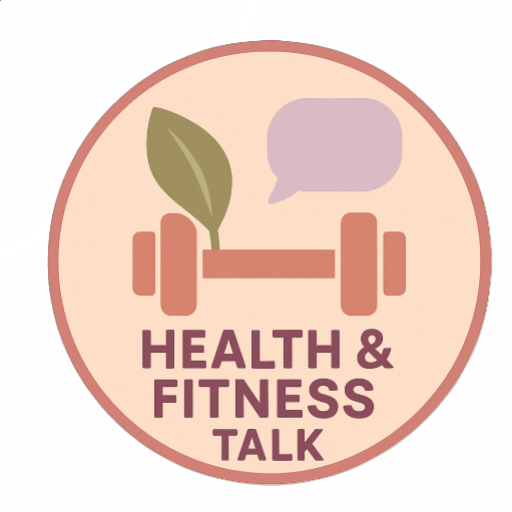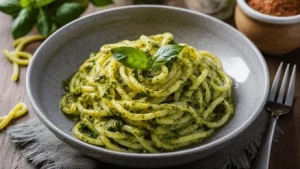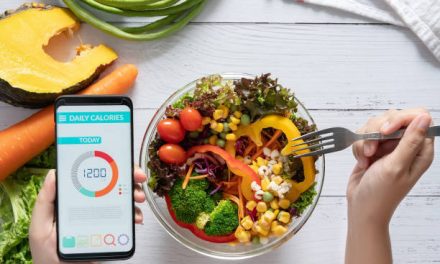- Eat Your Way to a Healthy Recovery After Heart Surgery
Recovering from heart surgery is a major milestone — one that requires patience, care, and a commitment to long-term lifestyle changes. While medical follow-ups and physical therapy play a vital role in recovery, nutrition is equally important. The food you eat during recovery can help your heart heal faster, prevent complications, and set the stage for lifelong cardiovascular health. A heart-smart diet is built on wholesome, nutrient-rich foods that reduce inflammation, stabilize blood pressure, and support strong arteries and muscles.
The Role of Nutrition in Recovery
After heart surgery, the body works hard to repair tissue, regulate circulation, and restore energy. A balanced diet provides the essential nutrients needed for healing — protein for tissue repair, vitamins and minerals for cellular regeneration, and antioxidants to reduce oxidative stress. Poor eating habits, on the other hand, can slow healing, raise cholesterol, and increase the risk of another cardiac event.
The goal is not to follow a temporary “recovery diet” but to adopt a heart-healthy eating pattern that can last a lifetime. Medical experts such as the American Heart Association emphasize that nutrition is one of the most powerful tools for preventing complications and improving long-term heart function.
Key Dietary Principles
1. Focus on Plant-Based Foods
Fruits, vegetables, and whole grains are the foundation of a heart-healthy diet. They are naturally low in saturated fats and cholesterol but high in fiber, vitamins, and antioxidants. Fiber helps lower LDL (“bad”) cholesterol, while antioxidants protect against artery damage.Aim for a colorful plate — leafy greens like spinach and kale, vibrant vegetables like carrots and bell peppers, and fiber-rich foods such as oats, quinoa, and barley.
2. Include Lean Proteins
After surgery, protein is essential for repairing tissues and maintaining muscle strength. Choose lean protein sources such as fish (especially salmon, tuna, and sardines, which are rich in omega-3s), skinless poultry, legumes, and tofu.
Limit red meats and processed meats, as they are often high in sodium and saturated fats that can raise cholesterol.3. Choose Heart-Healthy Fats
Not all fats are harmful. Unsaturated fats from olive oil, avocados, nuts, and seeds support healthy cholesterol levels and protect against inflammation. Replace butter and margarine with extra-virgin olive oil or canola oil for cooking.Omega-3 fatty acids, found in fatty fish and flaxseeds, are particularly beneficial for heart rhythm and blood vessel health.
4. Reduce Sodium Intake

Sodium (salt) contributes to high blood pressure and fluid retention, which can strain your healing heart. Limit salt to no more than 1,500–2,000 mg per day, as recommended by the Cleveland Clinic.
Use herbs, spices, garlic, and lemon juice instead of salt to flavor your meals. Always check labels on soups, sauces, and canned foods — even “healthy” items may contain hidden sodium.5. Watch Your Portion Sizes
Even healthy foods can contribute to weight gain if consumed in large amounts. Use smaller plates and aim for balance: half your plate with vegetables, one-quarter with lean protein, and one-quarter with whole grains. Maintaining a healthy weight helps reduce stress on your heart and arteries.6. Limit Added Sugars and Refined Carbs
Sweetened beverages, pastries, and processed snacks can spike blood sugar levels and increase triglycerides. Choose natural sweetness from fruits, and replace white bread or pasta with whole-grain alternatives.
Building a Heart-Healthy Meal Plan
A recovery-friendly meal plan doesn’t need to be bland or restrictive. Think Mediterranean — an eating style consistently recommended by cardiologists for its heart-protective benefits.
Breakfast:
- Oatmeal topped with berries, chia seeds, and a drizzle of honey
- A vegetable omelet made with egg whites and olive oil
- Whole-grain toast with avocado spread
Lunch:
- Grilled salmon or chicken breast with quinoa and steamed broccoli
- Mixed green salad with olive oil, lemon juice, and a handful of walnuts
- Lentil soup with a side of whole-grain crackers
Dinner:
- Baked cod with roasted vegetables
- Brown rice with beans and sautéed spinach
- Turkey chili with tomatoes and peppers
- Fresh fruit, Greek yogurt, unsalted nuts, or hummus with raw veggies
Drinks:
Water is best, but green tea and freshly squeezed citrus juices are good options. Avoid sugary sodas and limit alcohol intake unless cleared by your doctor.
Nutrients That Promote Healing
- Protein: Repairs tissue and supports the immune system. Found in fish, eggs, beans, and lean meats.
- Vitamin C: Strengthens blood vessels and helps heal surgical incisions. Found in citrus fruits, bell peppers, and strawberries.
- Vitamin K: Helps with blood clotting — especially important for those on anticoagulants. Eat green leafy vegetables, but balance intake as advised by your doctor.
- Magnesium and Potassium: Support normal heart rhythm. Found in bananas, avocados, and whole grains.
- Omega-3 Fatty Acids: Reduce inflammation and improve cholesterol. Found in salmon, chia seeds, and flaxseeds.
Foods to Avoid During Recovery
- Processed meats: High in salt and preservatives.
- Fried foods: Contain trans fats that clog arteries.
- Sugary snacks: Increase inflammation and weight gain.
- Full-fat dairy: High in saturated fats that raise cholesterol.
 Alcohol: Can interfere with medications and slow healing.
Alcohol: Can interfere with medications and slow healing.
Beyond Diet: Lifestyle Factors
Eating well is only part of the journey. Combine your new diet with daily habits that support heart recovery:
- Engage in light physical activity as approved by your doctor.
- Manage stress through relaxation, breathing, or meditation.
- Get 7–8 hours of sleep each night.
- Avoid smoking and secondhand smoke.
- Attend regular medical checkups and cardiac rehabilitation sessions.
Together, these habits reinforce the benefits of your diet and strengthen your heart for the long term.
Conclusion
Recovering from heart surgery is not just about physical healing — it’s about rebuilding your lifestyle around heart wellness. Food is your daily medicine, providing the nutrients your body needs to recover and thrive. By eating a balanced, plant-based, low-sodium diet rich in lean proteins and healthy fats, you give your heart the best chance to heal and stay strong.
With every nutritious bite, you move closer to full recovery — one that restores your energy, protects your arteries, and supports a longer, healthier life.
References:
- American Heart Association. Recovering After Heart Surgery: Nutrition & Diet. https://www.heart.org
- American College of Cardiology. Lifestyle and Dietary Recommendations for Cardiovascular Disease Prevention. https://www.acc.org
- National Heart, Lung, and Blood Institute (NHLBI). Your Guide to Lowering Blood Pressure with DASH. https://www.nhlbi.nih.gov
- Cleveland Clinic. Diet After Open-Heart Surgery: What to Eat & Avoid. https://my.clevelandclinic.org
- Harvard University Press. The Harvard Medical School Heart Health Guide. https://www.harvard.com
Eat your way to a Healthy Recovery after Heart Surgery







